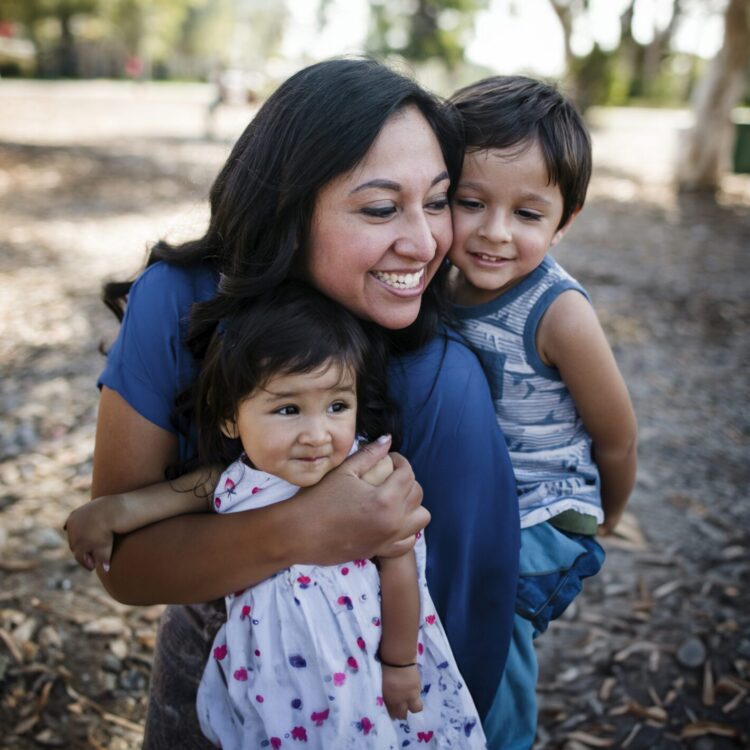The Supplemental Nutrition Assistance Program (SNAP, or Link) helps individuals and families purchase groceries.
SNAP is the only nutrition program with a citizenship requirement. Undocumented immigrants are not eligible for SNAP. Immigrants can enroll in SNAP if they meet income and work requirements and have a qualifying immigration status:
- A naturalized U.S citizen
- A lawful permanent resident under the age of 18 (green card holder) no matter how long they have been in the U.S.
- A lawful permanent resident over the age of 18 (green card holder) with legal status for 5+ years, a military connection, 40 qualifying work quarters, or a disability
- A refugee or asylee
- A ‘special immigrant’ visa holder, including an Iraqi or Afghan special immigrant
- A Cuban or Haitian entrant
- An Amerasian from Vietnam
- Certain Native Americans born outside of the U.S.
- A victim of human trafficking or their close family member
- A victim of domestic violence or other serious crimes
If you are eligible for SNAP, you can apply for yourself even if others in your household are not eligible because of their immigration status.
If you are not eligible for SNAP due to your immigration status, you can still apply on behalf of your children or others in your household who are eligible.
Applying for SNAP does not affect immigration status, although some people want to change that.
Learn More About SNAP Eligibility and How to Apply

